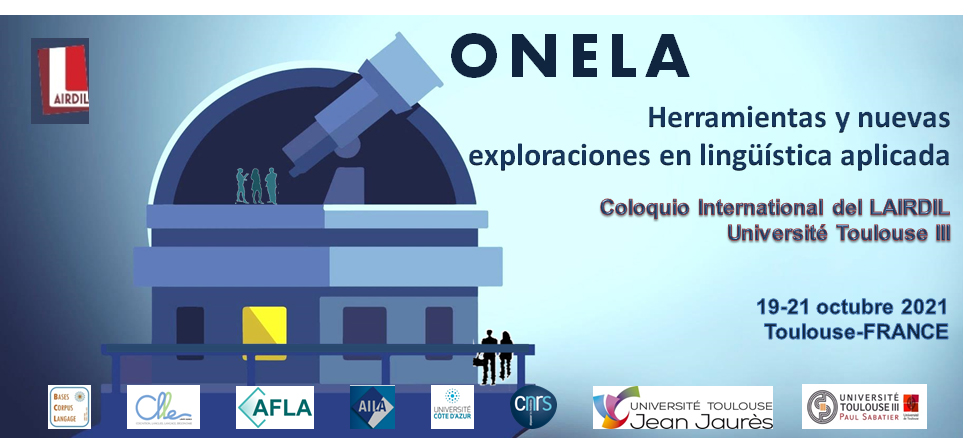This paper aims at presenting an approach, the goal of which is to create interactions between three domains considered as pertaining to Applied Linguistics : discourse analysis, corpus linguistics and second language acquisition. The political debate Question Time is analysed using the software Systemic Coder / UAM Corpus tools (O'Donnell : 2021) with a scheme spanning from discourse genres to stance markers, taking into account positioning processes and accommodation strategies. Each segment is tagged and a database is thus set, enabling statistical outputs. The hypothesis is that the analysis of such a corpus can help transfer strategies to handle the CLES (Higher Education Language Certification) interactions. The construct of the CLES makes it a scenario-based assessment in which the four skills are associated. The final task (B2 exam) consists in arguing in favour of a specific point of view and reach a compromise so as to “solve a societal problem”.
Statistically relevant tagged segments from the corpus are selected and arranged following the CLES interactions pattern, in relation to the concept of accommodation (Giles et al. 1991, Rouveyrol : 2017): divergent accommodation => complex accommodation (towards a compromise) => convergent accommodation. Candidates can therefore select utterances and adopt natural planning strategies inspired from the double inverted pyramid style, which is typical of opinion debates.
The LODIP approach (Rouveyrol : 2021) generally aims at highlighting how corpus linguistics and discourse analysis may contribute to second language acquisition, as the adoption of authentic pragmatic strategies (accommodation, planning, positioning) is favoured.
Giles H., Coupland J., Coupland N., (1991). Accommodation theory : communication, context and consequence. In Contexts of accommodation, Giles et al. (Eds), NY, Cambridge University Press, 1-68.
O'Donnell, M. (2005). Systemic Coder (4.68). <section2 (wagsoft.com)>.
Rouveyrol, L. (2012). A propos de la représentation de la langue dans le cadre du CLES. Interaction verbale, interaction sociale ? Cahiers de l'Appliut, Vol XXXVI, N°3 15-30.
Rouveyrol, L. (2017). L'accommodation dans le débat politique Question Time. Quelle modélisation pour quelles stratégies ? Anglophonia N°24 : Modes et stratégies d'accommodation.
Rouveyrol, L. (2021). L'analyse de discours au service de la certification en langues : questionner, débattre en situations contrôlées. Vers une logométrie à visée didactique (LOVID). Monographie originale d'HDR.
- Poster

 PDF version
PDF version

